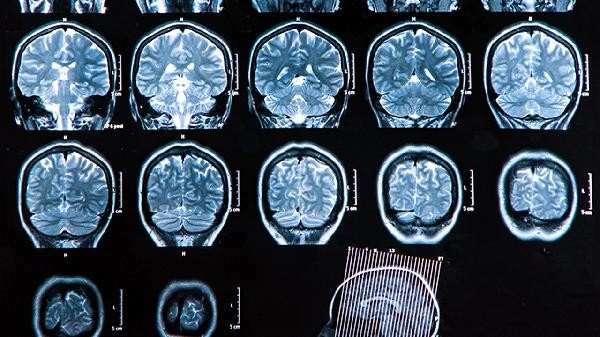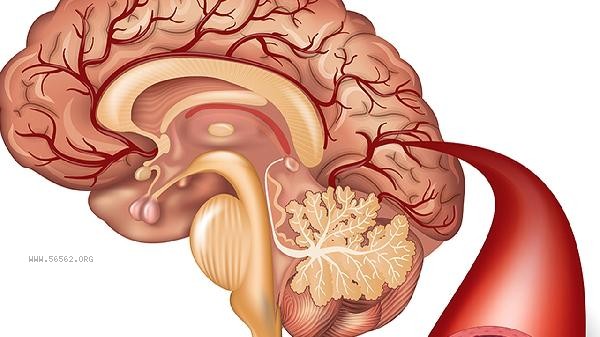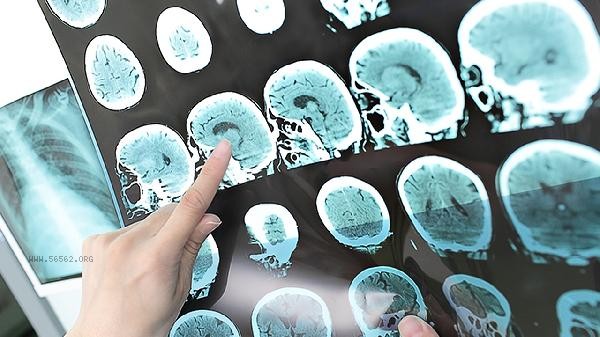Brain drowsiness may be caused by sleep deprivation, anemia, depression, hypothyroidism, or insufficient blood supply to the brain. Long term occurrence of this symptom requires screening for neurological disorders, endocrine disorders, or chronic fatigue syndrome. It is recommended to make a comprehensive judgment based on specific symptoms and examination results.

1. Lack of Sleep
Long term lack of sleep time or poor sleep quality can lead to the brain not being able to fully rest, and the efficiency of clearing metabolic waste from brain cells is reduced. Manifested as morning drowsiness, lack of attention, and delayed reactions, which may be accompanied by headaches and emotional fluctuations. Improving the sleeping environment and fixing the time of work and rest can help alleviate symptoms. Those with severe insomnia can consider using traditional Chinese patent medicines and simple preparations such as Anshen Bunao Liquid and Zaoren Anshen Capsule under the guidance of doctors.
2. Anemia
In iron deficiency anemia or megaloblastic anemia, the oxygen carrying capacity of hemoglobin decreases, and insufficient oxygen supply to brain tissue can easily lead to drowsiness. Common symptoms include pale complexion, fatigue, and palpitations, which may be accompanied by cracked nails and decreased appetite. It is necessary to increase the intake of iron rich foods such as animal liver and spinach, and if necessary, follow the doctor's advice to take blood tonifying drugs such as ferrous succinate tablets and Shengxuening tablets.
3. Depression
During a depressive episode, there is an imbalance of neurotransmitters in the brain, especially a decrease in serotonin secretion, which can lead to persistent mental lethargy and delayed thinking. Typical manifestations include loss of interest, low self-evaluation, and rhythmic changes in morning and evening. psychological therapy combined with antidepressants such as fluoxetine hydrochloride capsules and escitalopram oxalate tablets can improve symptoms.

4. Hypothyroidism
Insufficient secretion of thyroid hormones can reduce the body's metabolic rate and cause energy supply disorders in brain tissue. Patients are often accompanied by fear of cold, weight gain, and dry skin, and in severe cases, memory loss may occur. Thyroid function indicators need to be tested, and after diagnosis, long-term replacement treatment with levothyroxine sodium tablets is required, and hormone levels should be regularly monitored.
5. Cerebral blood supply insufficiency
Vertebrobasilar artery blood supply insufficiency caused by cervical spondylosis or atherosclerosis will cause paroxysmal dizziness and confusion.

It is recommended to maintain a regular schedule and moderate exercise, and pay attention to supplementing high-quality protein and B vitamins in the diet. Avoid prolonged bowing or maintaining a fixed posture, and move your neck every hour to promote blood circulation. If the symptoms persist for more than two weeks or are accompanied by neurological symptoms such as vomiting and limb numbness, immediate head CT or MRI examination should be performed to rule out cerebrovascular disease. Daily stress can be relieved through mindfulness meditation, and if necessary, seek medical attention from a neurology or psychiatry department.








Comments (0)
Leave a Comment
No comments yet
Be the first to share your thoughts!